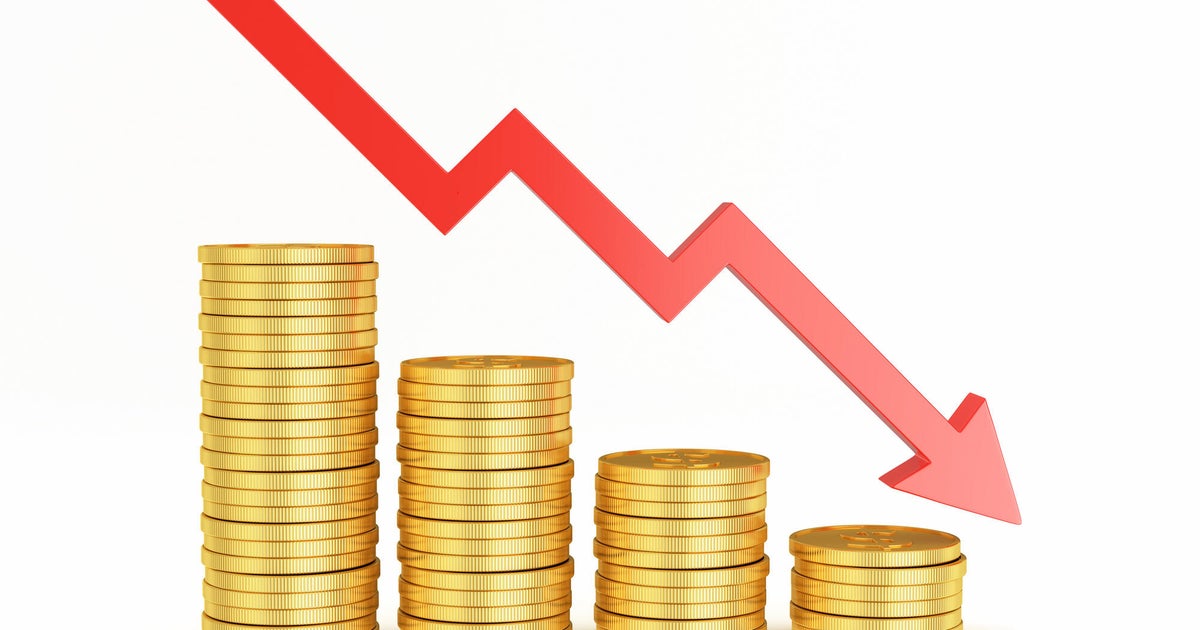As more Americans turn to weight loss drugs, the U.S. adult obesity rate is declining, according to new survey data from Gallup.
The data published Tuesday showed the obesity rate among participants has gradually declined to 37% in 2025 after previously hitting a record high of 39.9% in 2022. Results were based on data from three nationally representative surveys of 16,946 U.S. adults interviewed by web in the first three quarters of 2025.
"This is a statistically meaningful decrease representing an estimated 7.6 million fewer obese adults compared with three years ago," the report noted.
In the report, obesity was defined using the federal standard of having a BMI of 30 or higher.
The report also explored the simultaneous increase in GLP-1 drug usage for weight loss, including semaglutides like Ozempic and Wegovy. These drugs are also used to treat type 2 diabetes, which the report noted was still at an all-time high, with 13.8% of Gallup's Well-Being Index participants saying they've been diagnosed with the chronic disease.
When Gallup first measured GLP-1 usage in February 2024, 5.8% of adults reported taking this type of medicine for weight loss. Now, the percentage has increased to 12.4%, the report said.
"Amid increased use of GLP-1 injectables for weight loss, obesity rates have been coming down for most age groups since 2022," the report added.
The report found the biggest reduction in obesity was among those aged 40 to 49 and those aged 50 to 64. These are the same age groups with the highest rates of GLP-1 injectables for weight loss, the report said.
The report does have some limitations, however, including potential bias in how respondents present themselves.
"However, because Gallup's method of collecting self-reported weight and height has been consistent, the trend still provides valuable information regarding changes over time," the report said.
Gallup also did not measure GLP-1 usage for weight loss in 2022 or 2023, but said available data via its Well-Being Index are "consistent with reports of steadily increasing use since the initial FDA approval in 2021."
Despite the reported decline in obesity rates, the U.S. continues to exceed many Western countries in weight, the report pointed out — but expanding access to weight loss treatments may be a factor in the obesity decline becoming a lasting trend, the authors note.
Around 40% of adults in the U.S. are obese, data from the Centers for Disease Control and Prevention suggested in September 2024 — marking the first time in over a decade that the nation's obesity rate has not inched up, results from the federal government's national health survey showed.
Edited by Kiki Intarasuwan
Study compares weight loss drugs
Study compares effectiveness of popular weight loss drugs
(02:38)


















































